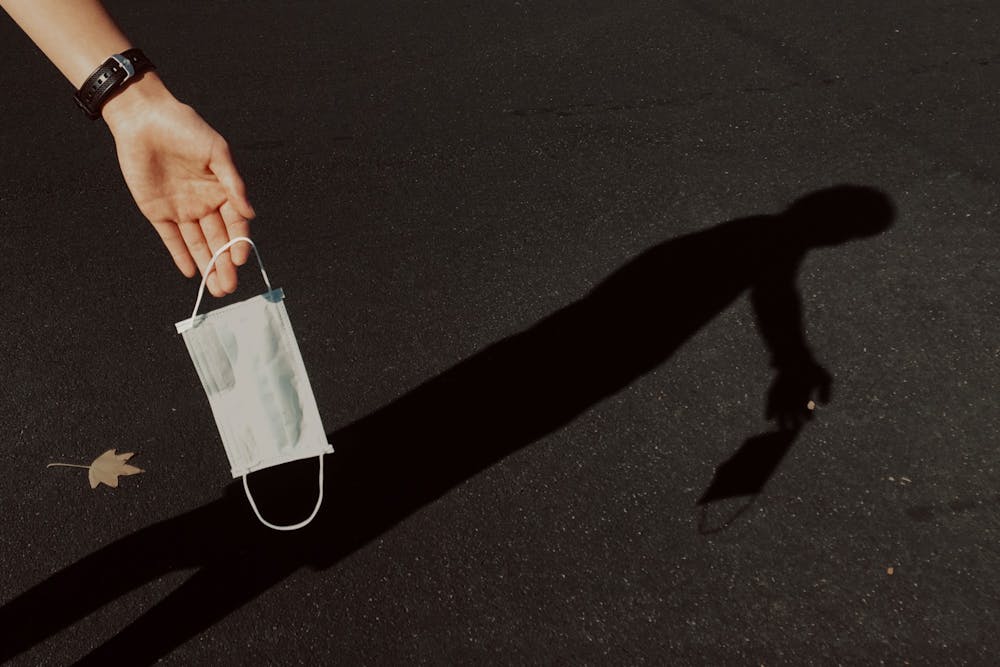During a 1961 lecture, Martin Heidegger was asked about how one might recover authenticity. He responded with modesty and concision — “spend more time in graveyards.”
In a column I wrote a few months ago, I explored various philosophical themes surrounding the importance of reflection and meditation on our own mortality for authentic life. Admittedly, in order to not oversimplify his intricate work, I left out arguably one of the most influential thinkers in the history of European continental philosophy — Martin Heidegger. In contemporary society, he thinks, we have indulged into a forgetfulness of the “question of the meaning of Being.” The majority of us may have the intuition to understand what is meant by “being.” However, upon closer inspection, we lack a satisfactory articulation. What does it mean to be, really? Heidegger blames the tradition of Western metaphysics (from Socrates onward) for misguiding us in our approach to the question of what it means to be. An important component of that question is death, as a marker of non-being. To exemplify our tendency to forget about death, we may think of cultural examples, such as the far-away placement of graveyards or hospitals.
To be authentic, then, in part means to recognize death as a possibility and to project our lives accordingly. Shouldn’t we have expected, by necessity, that the COVID-19 pandemic would have made us experience our lives more authentically? The immense exposure to mortality should have awakened us from our everyday forgetfulness of death. In a peculiar fashion, I would argue that the pandemic has had quite the opposite effect.
In light of this remembrance of our own temporality on earth, instead of becoming more meditative, less conformist, we have become less motivated, more complicit and vulnerable, and more in touch with our individualistic ethos than our genuine concern for others. So was Heidegger wrong? Let’s not get too carried away.
We are collectively facing death but not correctly. In order to truly recognize death as a possibility, we must not deter it by impersonalizing it. In contemporary society, we seem to be oscillating between a complete forgetfulness of death and its oversaturation (such as during COVID-19) on the other. In the second year of the pandemic, we have grown all too accustomed to talking about death as indicated by colorful charts, quantified in numbers, and instrumentalized for political agendas. Death has become an empirical inquiry for data collection — a phenomenon which we aim to measure and control. And as such, it has desensitized us.
Part of the reason Heidegger considers death to be authentic is because it has an exclusive non-relational character. In our everyday experience, he recognizes how all other possibilities, such as being a professor or friend, have meaning only in relation to a classroom, the educational system, or other students. His analysis of tools is analogous. A hammer is not a mere object. It represents a tool that has meaning only in relation to the usefulness for the carpenter. Death, however, uniquely does not follow the same referential structure. Death is not for anything else and stands alone. If we compare this with the status quo, when we see death being discussed as relevant only for the next adjustment of public policy or for the daily statistical refinement of a news report, we can quickly see how dystopic the pandemic is in the Heideggerian sense.
I think that our cultural predicament can be best described by what in psychoanalysis is called a “fetishist disavowal.” the philosopher Slavoj Žižek summarizes, “I know, but I don’t want to know that I know, so I don’t know.” His sentiment represents a form of collective denial. We may know something like death is going to happen, or at least is a real possibility, but nonetheless find ourselves no degree less surprised when it actually happens to our particular selves.
It is not too late to be collectively reflective. However, when it comes to death, being on time is important.
SEE MORE FROM ARTUR VLLAHIU:









